Imagine a stressful day where everything feels overwhelming. Now, picture holding a soft, plush teddy bear—suddenly, you feel calmer. This simple act of hugging a teddy bear taps into deep psychological benefits, providing comfort, warmth, and a sense of security.
Teddy Day, celebrated on February 10, marks the fourth day of Valentine Week. While it may seem like just another day for gifting stuffed animals, the significance of teddy bears extends far beyond romance. They play a crucial role in emotional well-being, stress reduction, and even childhood development. Let’s dive into the psychology behind this heartwarming tradition.
Teddy Day
Teddy Day, celebrated on February 10 in 2025, is the fourth day of Valentine’s Week. While it’s often associated with romantic gestures, its true essence lies in spreading comfort, joy, and emotional support. A teddy bear isn’t just a cute gift; it’s a symbol of warmth, security, and unconditional love.

The Origin and Significance
A Historical Gesture of Compassion
The story of teddy bears dates back to the early 1900s when President Theodore Roosevelt refused to shoot a defenseless bear on a hunting trip. This act of kindness inspired toy makers to create the first “Teddy’s Bear,” which soon became a global symbol of comfort and love.
Beyond Romance: Emotional Impact
While Valentine’s Week focuses on love, Teddy Day is about more than romantic relationships. A teddy bear serves as a timeless reminder of comfort and companionship, making it an ideal gift for partners, friends, children, and even oneself.
The Psychology Behind Cuddling a Teddy Bear – 7 reasons
1. Stress Reduction and Anxiety Relief
The Science Behind Teddy Bear Hugs
Hugging a teddy bear isn’t just a comforting gesture—it’s a scientifically proven way to reduce stress and anxiety. When we cuddle a soft, plush bear, our bodies release oxytocin, often called the “love hormone.” This hormone counteracts cortisol, the stress hormone, helping us feel calmer and more relaxed.
- Oxytocin Boost: A 2022 study in The Journal of Positive Psychology found that participants who held their favorite teddy bear experienced a significant increase in oxytocin levels, leading to reduced stress and anxiety.
- Cortisol Reduction: The same study revealed that cortisol levels dropped by up to 30% in individuals who spent just 10 minutes cuddling a teddy bear.
Why Teddy Bears Work for Mental Health
Teddy bears serve as emotional anchors, providing a sense of security and comfort during stressful times. Their soft texture and familiar presence can help ground us, making them effective tools for managing anxiety.
- Emotional Anchoring: For many, teddy bears evoke childhood memories of safety and care, creating a psychological buffer against stress.
- Accessible Therapy: Unlike other stress-relief methods, teddy bears are affordable, portable, and easy to incorporate into daily routines.
Real-Life Applications
- For Children: Teddy bears are often used in therapy to help kids cope with trauma or anxiety. For example, UNICEF distributed handmade teddy bears to Australian children affected by bush fires, providing them with emotional comfort.
- For Adults: Many adults use teddy bears as part of mindfulness practices, holding them during meditation to stay grounded and present.
By incorporating a teddy bear into your Valentine’s Week celebrations, you’re not just giving a romantic gift—you’re offering a powerful tool for emotional support and mental well-being. Whether it’s for stress relief or anxiety reduction, this simple gesture can make a big difference.
2. A Source of Emotional Support
Teddy Day, a significant part of Valentine Week, is more than just a day for exchanging plush toys—it plays a vital role in providing emotional support. Just like therapy animals, teddy bears act as silent companions, helping people navigate emotional distress, anxiety, and grief. Studies indicate that soft objects, such as teddy bears, can provide psychological comfort, reducing stress and fostering a sense of security.
How Teddy Bears Offer Emotional Reassurance
Teddy bears have been widely recognized for their ability to offer emotional comfort. Their soft texture and familiar shape create a sense of security and warmth, making them ideal for those struggling with mental health challenges. Some key benefits include:
- Stress Relief: Research shows that hugging a soft object can reduce cortisol levels, the hormone responsible for stress.
- Anxiety Reduction: Holding a teddy bear can mimic the effects of deep-pressure therapy, promoting relaxation.
- Coping with Grief & Loneliness: Many individuals, especially those dealing with loss, find solace in plush toys, as they provide a tangible sense of connection.
A survey conducted by the Journal of Behavioral Therapy found that nearly 60% of adults still own a teddy bear from childhood, citing it as a source of comfort during tough times. This highlights how teddy bears transcend age, serving as romantic gifts and emotional anchors alike.
This Valentine Celebration, consider gifting a teddy bear not just as a symbol of love but as a thoughtful gesture promoting emotional well-being.
3. Childhood Attachment and Development
10th February, a significant part of Valentine Week, is not just about exchanging a romantic gift but also about the deep emotional connection that teddy bears foster. These cuddly companions play a vital role in childhood attachment and emotional growth, laying the foundation for mental well-being in later years.
The Role of Teddy Bears in Emotional Security
Transitional Objects: According to child development experts, stuffed animals act as transitional objects, providing comfort and consistency during early childhood. This emotional support helps children cope with separation anxiety and stressful situations.
Early Bonding: Studies indicate that nearly 60% of children form attachments to a soft toy or blanket, using it as a source of self-soothing and security. This early bonding contributes to emotional resilience.
Impact on Social and Emotional Development
Teddy bears are more than just toys; they assist in developing social skills and emotional intelligence. Children who grow up with a strong emotional attachment to stuffed animals tend to exhibit:
Better Stress Management: Familiar objects provide stress relief during challenging times. Research suggests that children with comfort items experience a 25% lower increase in stress-related hormones compared to those without.
Role-playing with teddy bears improves communication and helps children express emotions, which is a key factor in reducing anxiety.
Teddy bears play an essential role not only in childhood development but also in lifelong mental health by promoting emotional security and stress relief. This Valentine celebration, whether gifting a teddy bear to a partner or cherishing childhood memories, remember the emotional significance behind the gesture.
4. Healing Trauma and Fear: The Comforting Role of Teddy Bears
Teddy Day, a special occasion in Valentine Week, is not just about exchanging plush toys; it holds deeper emotional significance. Beyond being a romantic gift, teddy bears have long been recognized for their therapeutic benefits, especially in addressing trauma, fear, and emotional distress.
Teddy Bears as a Source of Emotional Support
Teddy bears have been proven to give comfort and security, especially in cases of individuals who are feeling distressed or anxious.
A study conducted in Israel and Germany demonstrated that children receiving teddy bears in hospitals displayed lower levels of fear and stress when undergoing medical procedures.
The softness of a teddy bear and the familiarity of it can serve as a psychological anchor, giving the child a feeling of safety when placed in a strange or stressful environment.
Therapeutic Benefits for Trauma Recovery
Many trauma survivors, including those recovering from childhood abuse or PTSD, find comfort in hugging a teddy bear.
A study published in the Journal of Child Psychology and Psychiatry reveals how comfort objects such as teddy bears can help regulate emotions and reduce anxiety levels in both children and adults.
The presence of a teddy bear can simulate physical reassurance, triggering the brain’s oxytocin release, which is essential for emotional healing.
Incorporating teddy bears into Valentine celebrations can be more than just a gift idea; it’s a meaningful gesture that promotes stress relief and emotional well-being, making it a timeless symbol of love and care.
5. Self-Care and Mental Well-Being
Emotional Comfort and Stress Relief
Teddy Day, a significant part of Valentine Week, is more than just an occasion to exchange cute gifts. It plays a crucial role in promoting self-care and mental well-being. Studies suggest that hugging a soft object, like a teddy bear, can provide emotional support, reduce anxiety, and lower stress levels. According to a study published in Psychological Science, the sensation of touch, even from inanimate objects, can significantly ease feelings of loneliness and fear.
Science Behind Teddy Bears and Mental Health
- Reducing Anxiety: The cuddling of a teddy bear releases oxytocin, the ‘love hormone,’ which reduces cortisol levels-the primary stress hormone.
- Emotional Support: Comfort objects like teddy bears are used by some people suffering from depression or even those diagnosed with post-traumatic stress disorder (PTSD) to alleviate distressing emotions.
- Improved Sleep Quality: A survey conducted by the National Sleep Foundation found that nearly 40% of adults sleep with a stuffed animal, as it fosters a sense of security and relaxation.
A Meaningful Gift for Self-Love
Teddy Day isn’t just about gifting others—it’s also an opportunity for self-care. Choosing a teddy bear as a romantic gift for yourself can reinforce self-love, improve mood, and enhance overall well-being. As part of the Valentine celebration, consider teddy bears not just as sentimental objects but as a powerful tool for mental health and emotional stability.
6. Nostalgia and Positive Memories: The Mental Health Benefits of Teddy Bears
Power of Nostalgia
Teddy Day falls under Valentine Week, but the gift is a soft toy alone. It means rekindling warmth and the cherished memories for someone. There is an intense role of nostalgia in emotional wellness as it aids in reconnecting with comforting past experiences. As per researches, happiness boosts up to 15% along with reduced levels of stress on recalling happy memories of childhood days.
Emotional Support and Stress Relief
Teddy bears are associated with feelings of warmth and security. Hugging a teddy bear stimulates the release of the “love hormone” oxytocin, which reduces levels of stress and anxiety. It has been established that people who indulge in the practice of tactile comfort, such as cuddling soft things, have lower cortisol levels, an indicator of relaxation.
Giving a teddy bear during Valentine celebrations is not only a romantic gesture but also a way of creating emotions for a lifetime. Couples who share memories are better in their relationships and become more intimate emotionally. According to a study published in the Journal of Positive Psychology, nostalgic gifts increase relationship satisfaction by 20%.
Best Romantic Gift for Mental Well-being
Among the various gift ideas that are popularly used, the teddy bear is one symbol of emotional support. It helps to comfort someone in lonely times and makes him feel more secure, so it is a great companion for individuals who are stressed or anxious to reduce.
Teddy Day Gift: This year, on this Day, give a teddy bear, not as a romantic gift but as a token of love, comfort, and emotional well-being.
7. The Power of Softness and Size in Teddy Day Gifts
How Texture and Size Enhance Comfort
10th February, a cherished part of Valentine Week, is not just about exchanging plush toys; it’s about expressing love, care, and emotional support. Studies suggest that soft textures have a calming effect on the nervous system, reducing stress and anxiety. Larger teddy bears, in particular, are associated with greater psychological comfort, as they provide a sense of security similar to a comforting embrace.
Psychological Benefits of Larger Teddy Bears
- Emotional Support: A study published in the Journal of Consumer Research highlights that people experiencing stress or loneliness often seek out soft and hug-gable objects for emotional relief. A larger teddy bear can serve as a romantic gift that doubles as a source of comfort during tough times.
- Stress and Anxiety Reduction: According to research, weighted plush toys help reduce cortisol levels, a hormone linked to stress. While traditional teddy bears may not be weighted, their softness and size mimic the same grounding effect.
- Symbolic Warmth: In relationships, gifting a big teddy bear on 10th February can symbolize an ever-present emotional connection, reinforcing a sense of security and love during Valentine celebrations.
Choosing the Right Teddy Bear for Mental Well-Being
When selecting a romantic gift, consider these factors:
- Material: Ultra-soft fabrics like plush microfiber enhance stress relief.
- Size: The larger the teddy bear, the greater the psychological comfort it provides.
- Scented Options: Light lavender-infused teddy bears can further promote anxiety reduction.
By choosing the right teddy bear, you’re not just giving a gift—you’re offering a lasting source of emotional well-being.
How to Celebrate Teddy Day for Mental Health
1. Gift a Teddy Bear to a Loved One
Whether it’s a partner, friend, or family member, a teddy bear can convey love and support in a way words sometimes can’t.
2. Treat Yourself to a Teddy Bear
Self-love is just as important as loving others. Choose a teddy bear that brings you joy and comfort.
3. Use a Teddy Bear for Mindfulness Practice
You can use your teddy bear during meditation or relaxing exercises. The cuddling might help you be more grounded and present.
4. Donate Teddy Bears to People in Need
Share the love by donating your teddy bears to children’s hospitals or shelters. Your small act might be the world of difference for someone in need.
Key Takeaways
- Teddy Day is more than a romantic celebration; it highlights the psychological benefits of comfort objects.
- Cuddling a teddy bear reduces stress, anxiety, and loneliness.
- Teddy bears play a crucial role in child development and emotional well-being.
- Studies show that hugging a soft, plush toy can trigger oxytocin and reduce fear.
- Teddy bears serve as symbols of nostalgia, security, and unconditional support.
At a Glance
| Benefit | Explanation |
|---|---|
| Stress Reduction | Lowers cortisol and promotes relaxation |
| Emotional Support | Provides comfort in times of anxiety |
| Child Development | Helps build social and emotional skills |
| Trauma Healing | Used in therapy for fear reduction |
| Self-Care | Encourages personal well-being |
| Nostalgia Effect | Brings back positive childhood memories |
| Comfort Factors | Softness and size enhance emotional attachment |
FAQs
Q: Is gifting a teddy bear only for romantic relationships?
A: No! Teddy Day is about expressing care and affection, whether for a partner, friend, child, or even yourself.
Q: Can a teddy bear actually help with stress and anxiety?
A: Yes. Studies show that hugging a soft object releases oxytocin, reducing stress and promoting calmness.
Q: Why do children form strong bonds with teddy bears?
A: Teddy bears act as transitional objects, helping kids feel secure while developing independence.
Q: Are there therapeutic uses for teddy bears in adults?
A: Absolutely! Many therapists use them in trauma treatment, and adults find comfort in them during stressful times.
Conclusion: More Than Just a Gift
Teddy Day is a celebration of warmth, care, and emotional well-being. Whether given as a romantic gesture, a symbol of friendship, or a form of self-love, a teddy bear is more than just a stuffed toy—it’s a companion in life’s journey. As we celebrate the fourth day of Valentine’s Week, let’s recognize the powerful role teddy bears play in providing comfort, reducing stress, and nurturing our mental health.

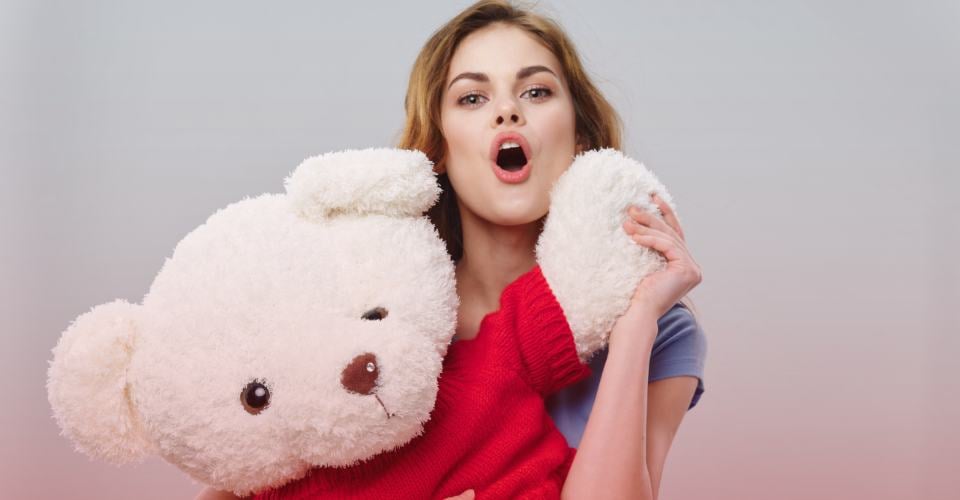
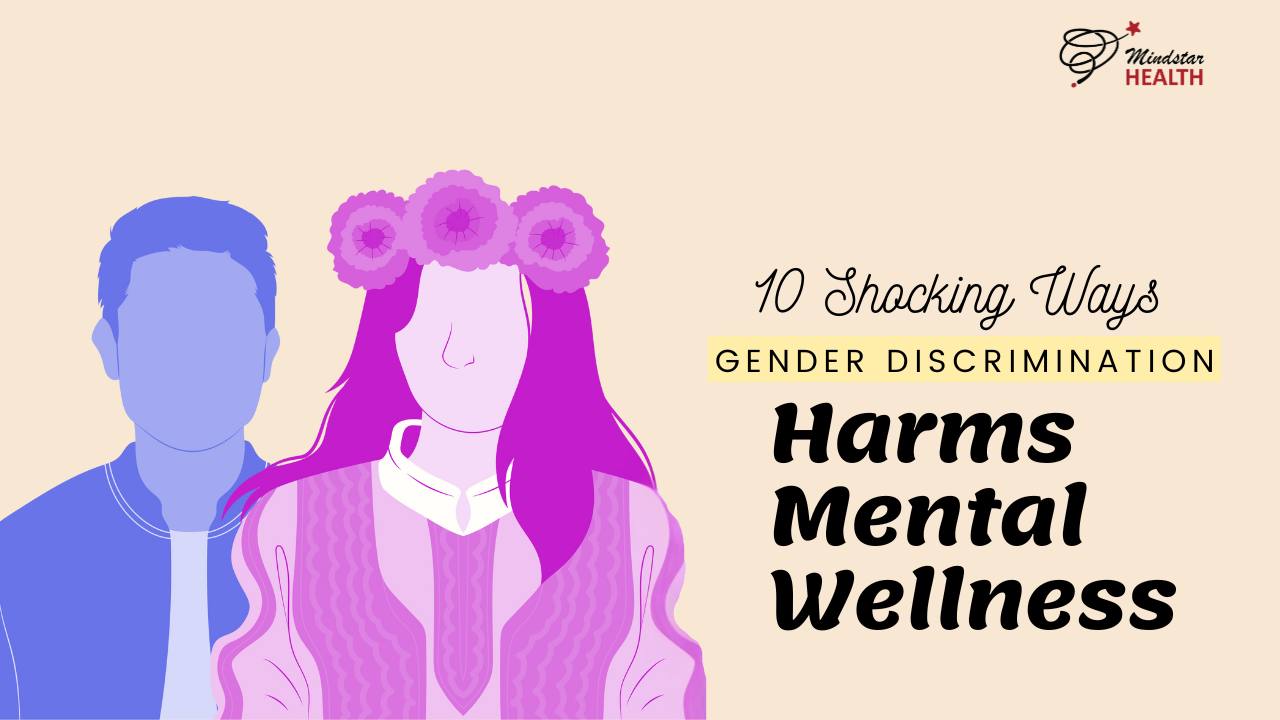



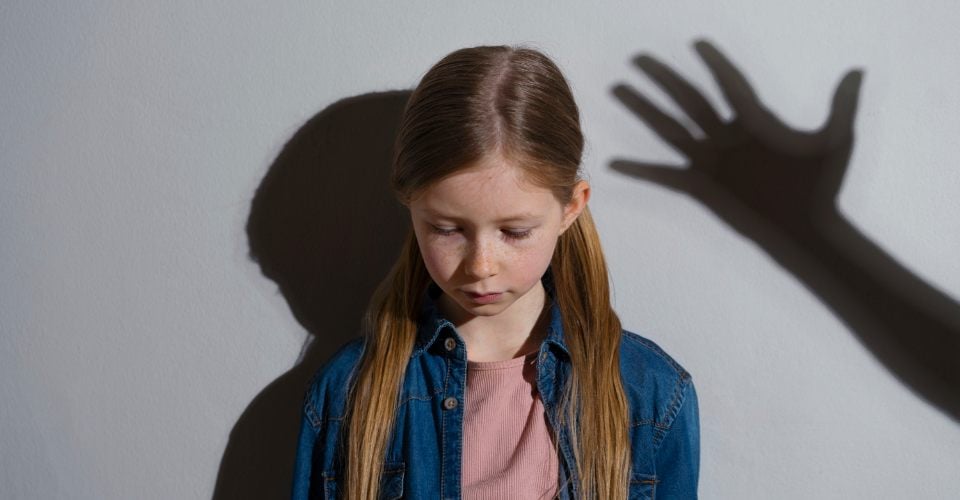
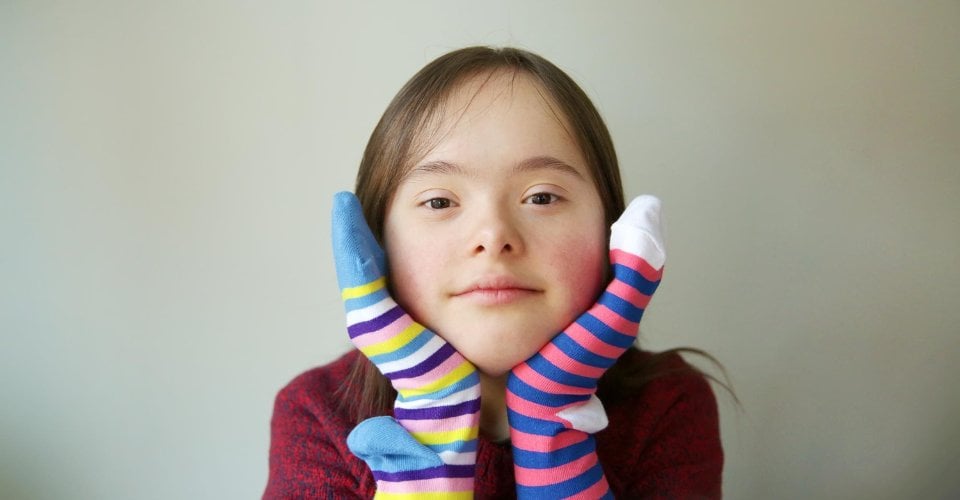
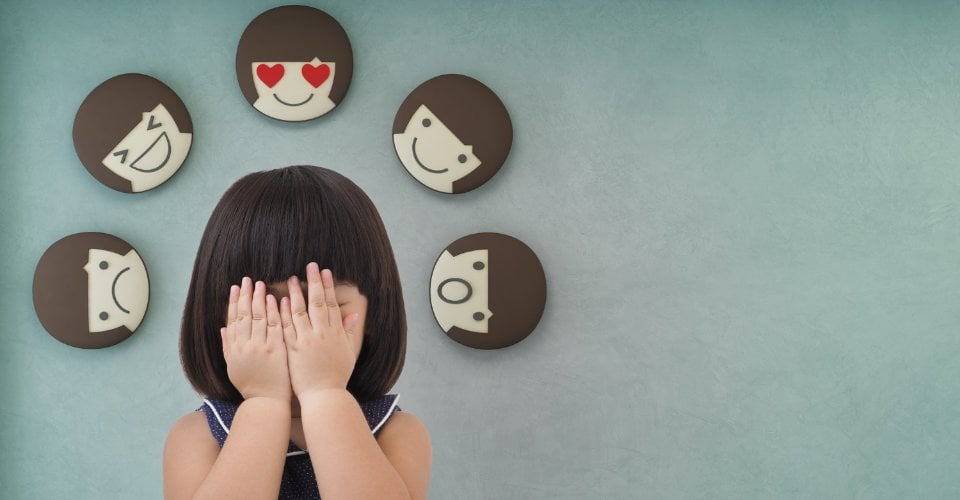




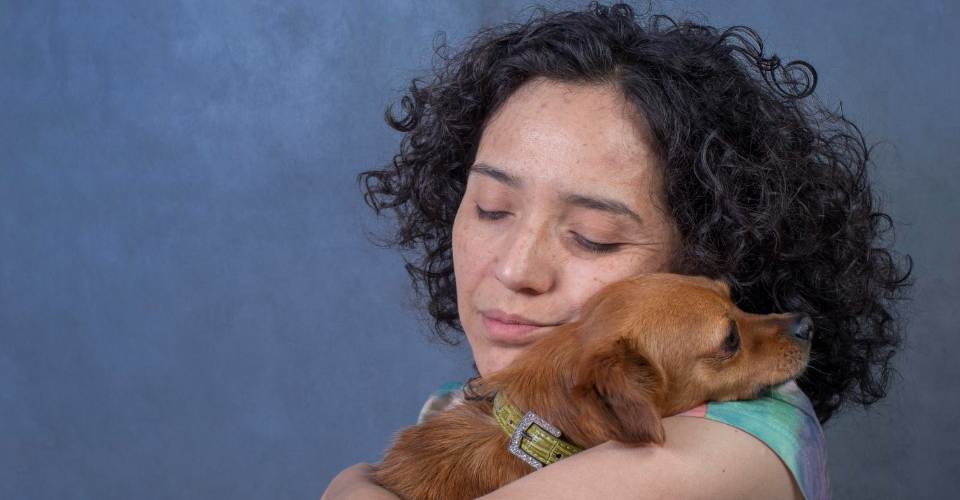


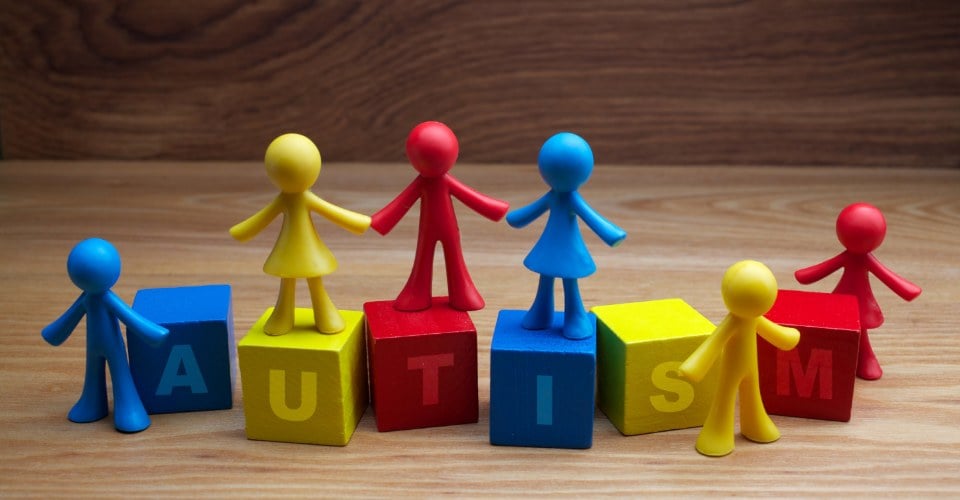
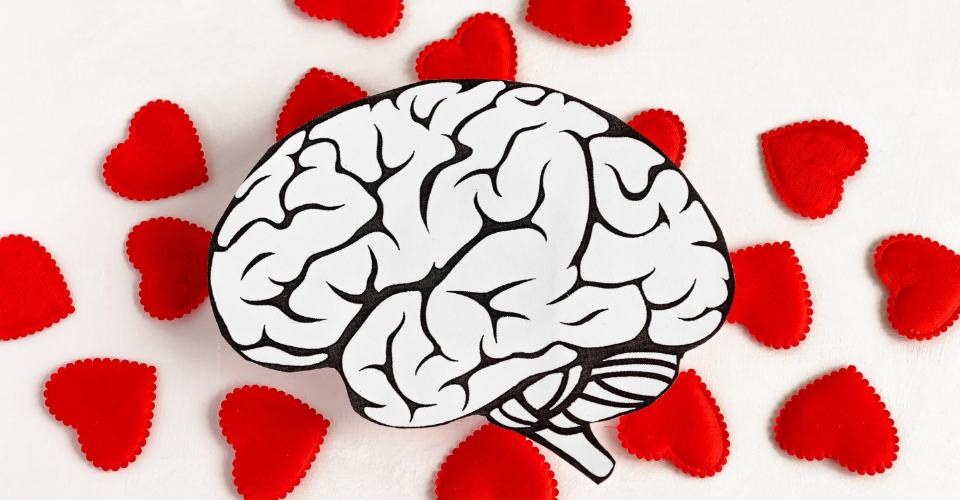



Leave a Reply
You must be logged in to post a comment.